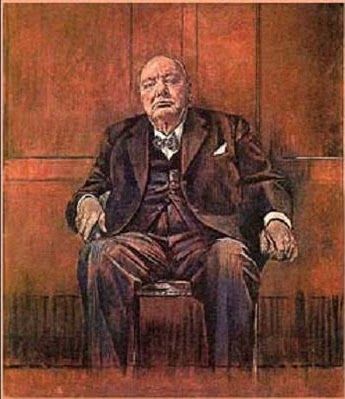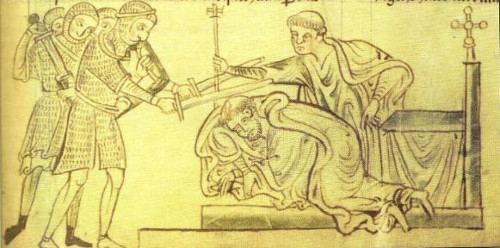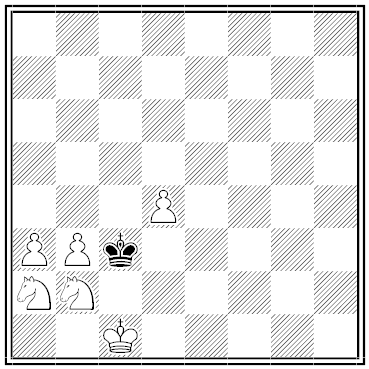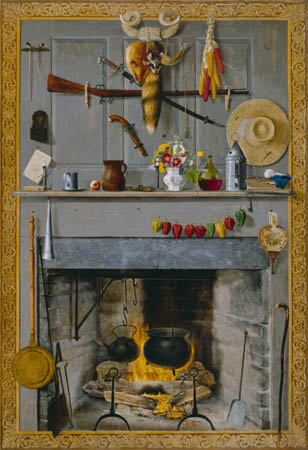My mind to me a kingdom is;
Such present joys therein I find,
That it excels all other bliss
That earth affords or grows by kind:
Though much I want that most would have,
Yet still my mind forbids to crave.
No princely pomp, no wealthy store,
No force to win the victory,
No wily wit to salve a sore,
No shape to feed a loving eye;
To none of these I yield as thrall;
For why? my mind doth serve for all.
I see how plenty surfeits oft,
And hasty climbers soon do fall;
I see that those which are aloft
Mishap doth threaten most of all:
They get with toil, they keep with fear:
Such cares my mind could never bear.
Content I live, this is my stay;
I seek no more than may suffice;
I press to bear no haughty sway;
Look, what I lack my mind supplies.
Lo, thus I triumph like a king,
Content with that my mind doth bring.
Some have too much, yet still do crave;
I little have, and seek no more.
They are but poor, though much they have,
And I am rich with little store;
They poor, I rich; they beg, I give;
They lack, I leave; they pine, I live.
I laugh not at another’s loss,
I grudge not at another’s gain;
No worldly waves my mind can toss;
My state at one doth still remain:
I fear no foe, I fawn no friend;
I loathe not life, nor dread my end.
Some weigh their pleasure by their lust,
Their wisdom by their rage of will;
Their treasure is their only trust,
A cloakèd craft their store of skill;
But all the pleasure that I find
Is to maintain a quiet mind.
My wealth is health and perfect ease,
My conscience clear my chief defence;
I neither seek by bribes to please,
Nor by deceit to breed offence:
Thus do I live; thus will I die;
Would all did so as well as I!
— Edward Dyer (1543-1607)




